Extended periods of sitting without much movement, a common aspect of many people's work and sedentary lifestyles, have been associated with various health issues and a shortened lifespan. Recent studies have highlighted the potential risks of prolonged sitting, including an increased risk of early death from any cause.
Researchers found that individuals who sit for shorter periods, no more than 30 minutes at a time, had the lowest risk of early death. Prolonged sitting and sedentary behavior have also been linked to conditions such as diabetes, poor heart health, weight gain, depression, dementia, and certain types of cancer.
A study published in JAMA revealed that the amount of time spent sitting has increased by approximately an hour per day among various age groups, including adolescents, between 2007 and 2016.
Experts emphasize the negative impact of prolonged sitting on the spine and other joints, as well as the increased risk of muscle fatigue, weakened core stability, and various musculoskeletal issues.
To counteract these effects, it is recommended to optimize the office workstation with ergonomic adjustments, use a sit-to-stand desk, or elevate the computer. Taking regular breaks for movement and stretching can also help. Incorporating face-to-face conversations, using smaller water bottles, and tracking steps with a pedometer are additional strategies to promote movement and combat the negative effects of sitting.
Prolonged sitting has also been linked to cardiovascular disease, the leading cause of death. It decreases blood flow to the legs, affects sugar regulation and blood pressure, and increases the risk of heart attacks and diabetes. Increasing overall activity and minimizing sedentary behavior through regular walks and using step-counting devices are recommended.
Weight gain and diabetes have also been associated with prolonged sitting. Avoiding distractions during meals and practicing mindful eating can help control portion sizes and promote healthy eating habits. Engaging in various forms of physical activity, including comfortable walks, is important for weight management.
Furthermore, a sedentary lifestyle has been identified as an independent risk factor for cancer. Maximizing standing time and overall movement throughout the day, along with a healthy lifestyle that includes regular exercise, avoiding smoking, limiting alcohol and red meat consumption, and consuming fruits and vegetables, can help reduce cancer risks.
In addition to the risks associated with prolonged sitting, it's important to consider the benefits of using ergonomic office chairs. These chairs are designed to provide proper support and promote good posture, reducing the strain on the spine and other joints. They can help prevent musculoskeletal issues and provide comfort during extended periods of sitting.







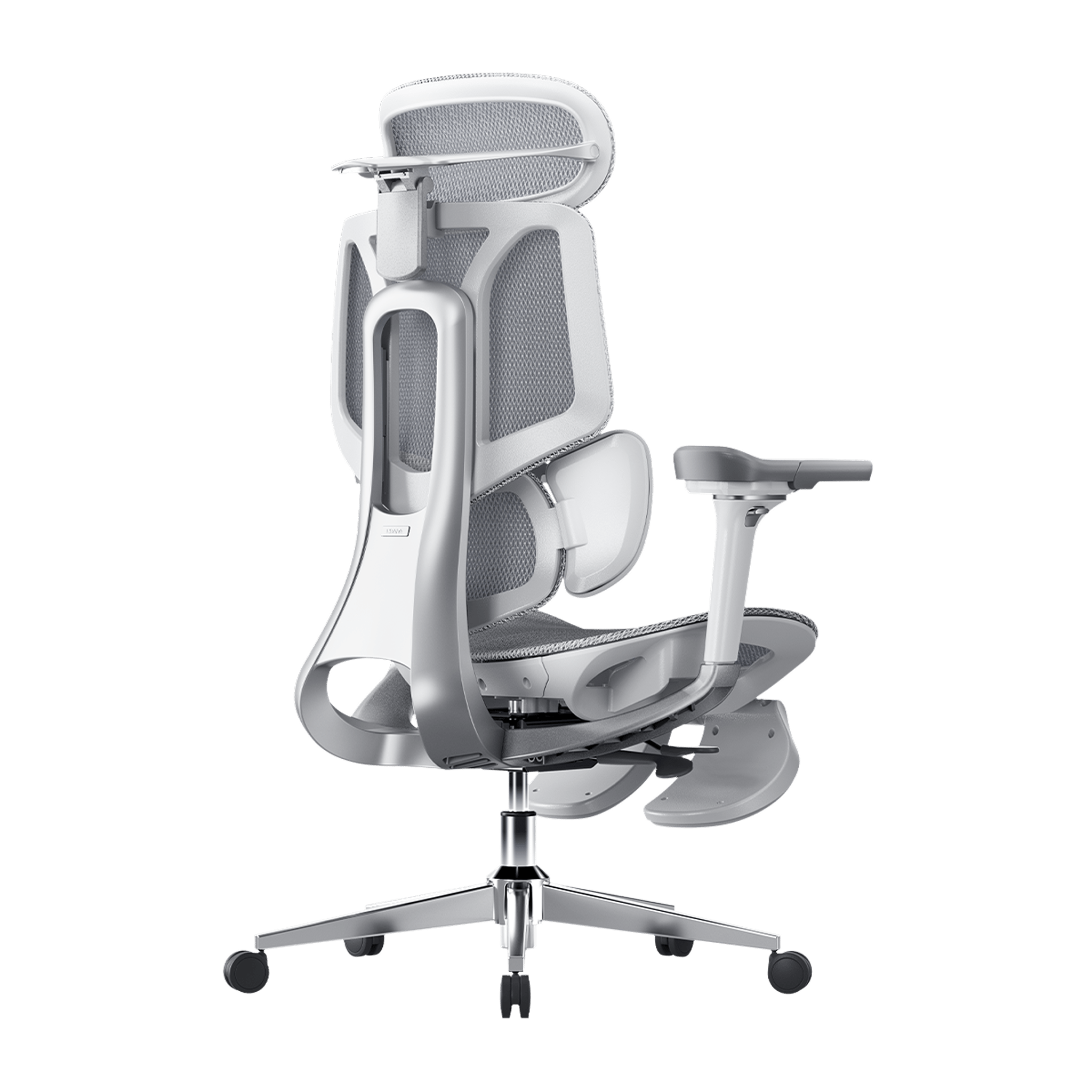





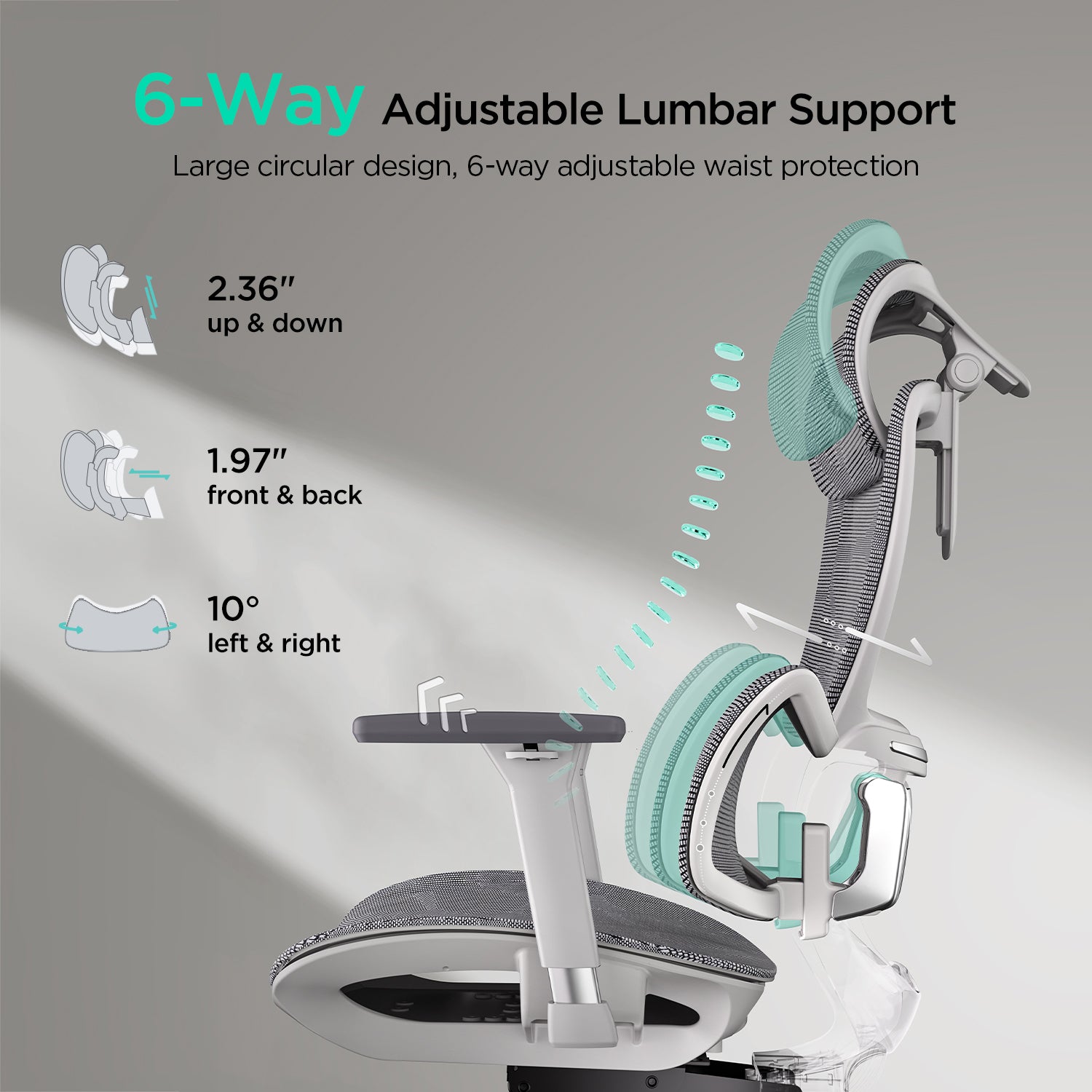
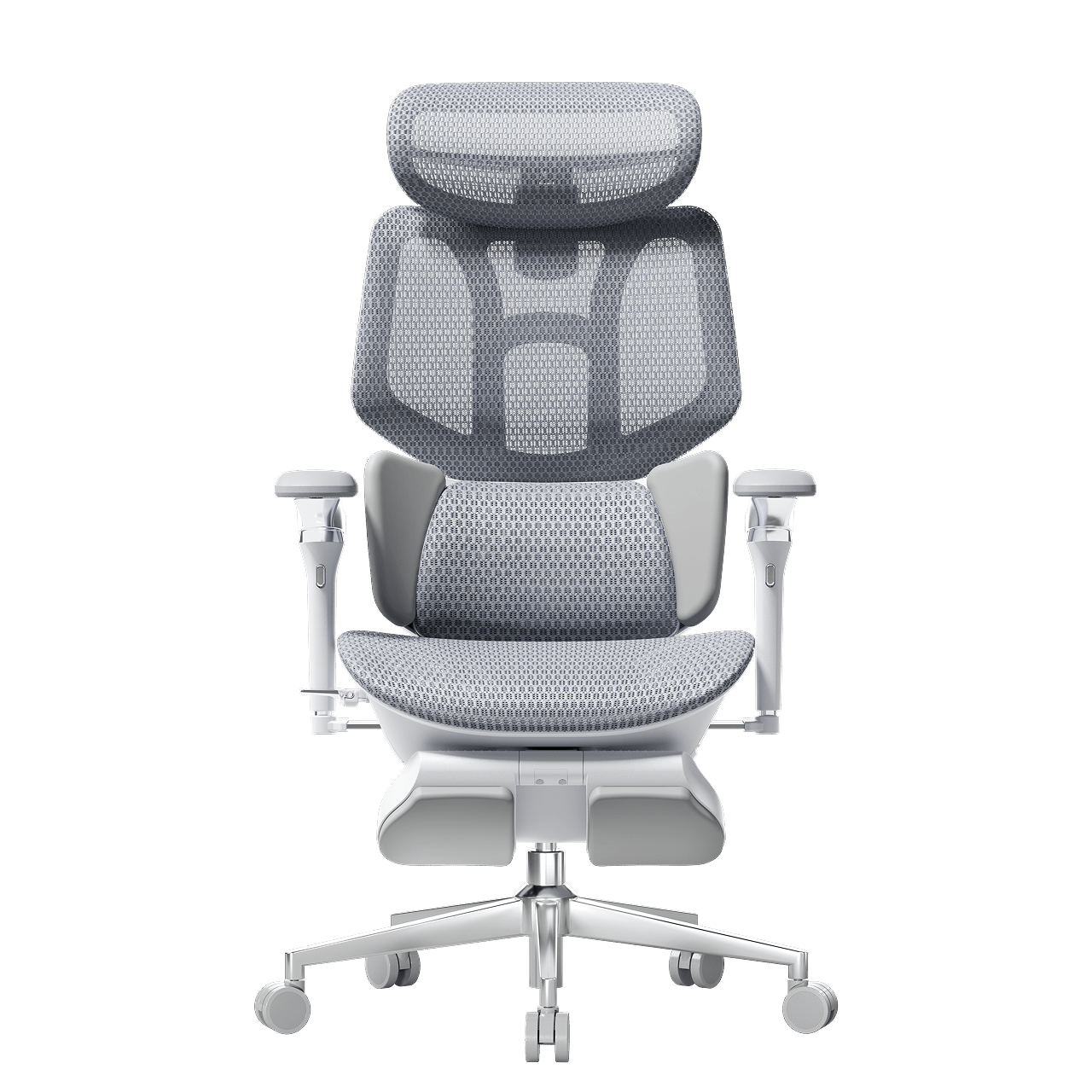
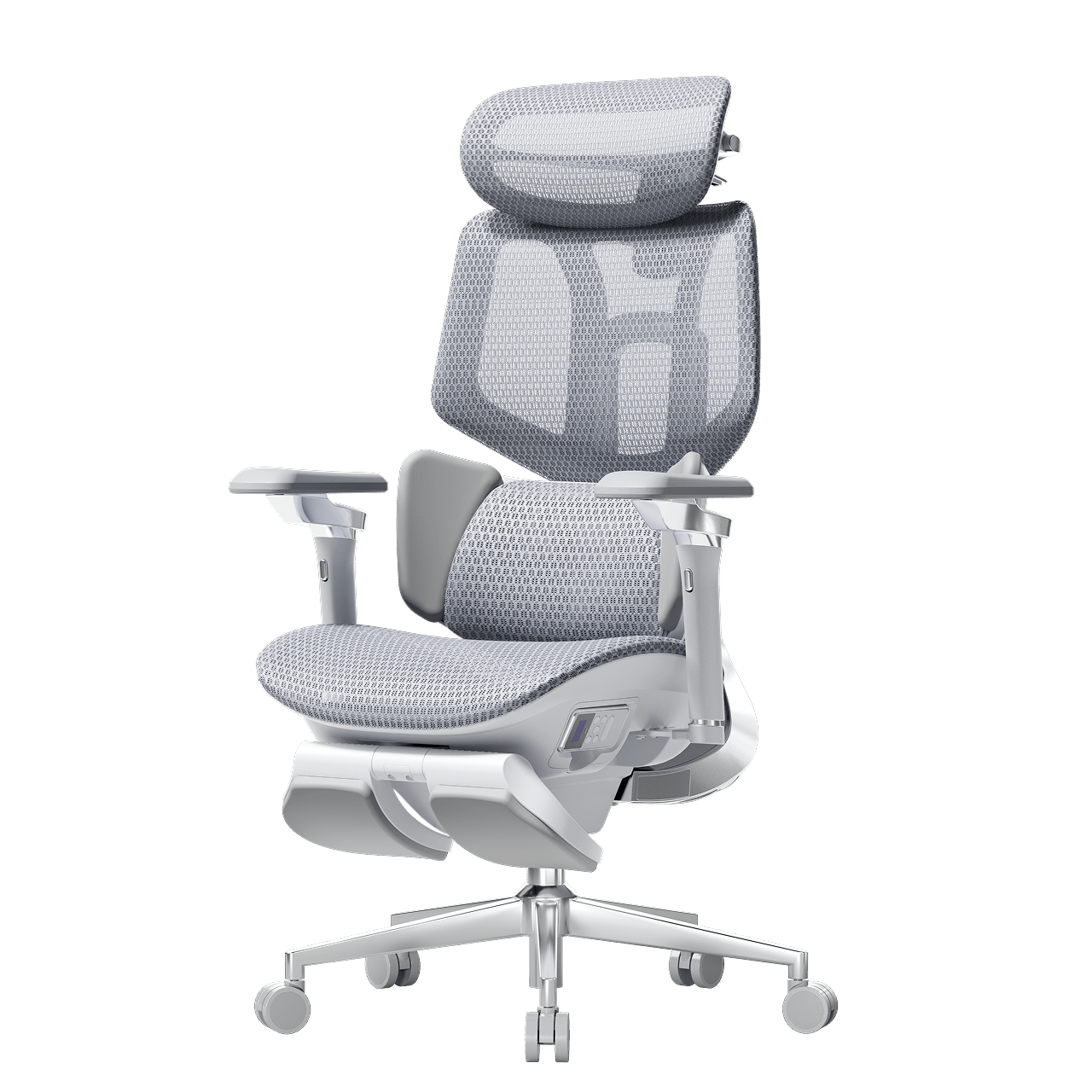
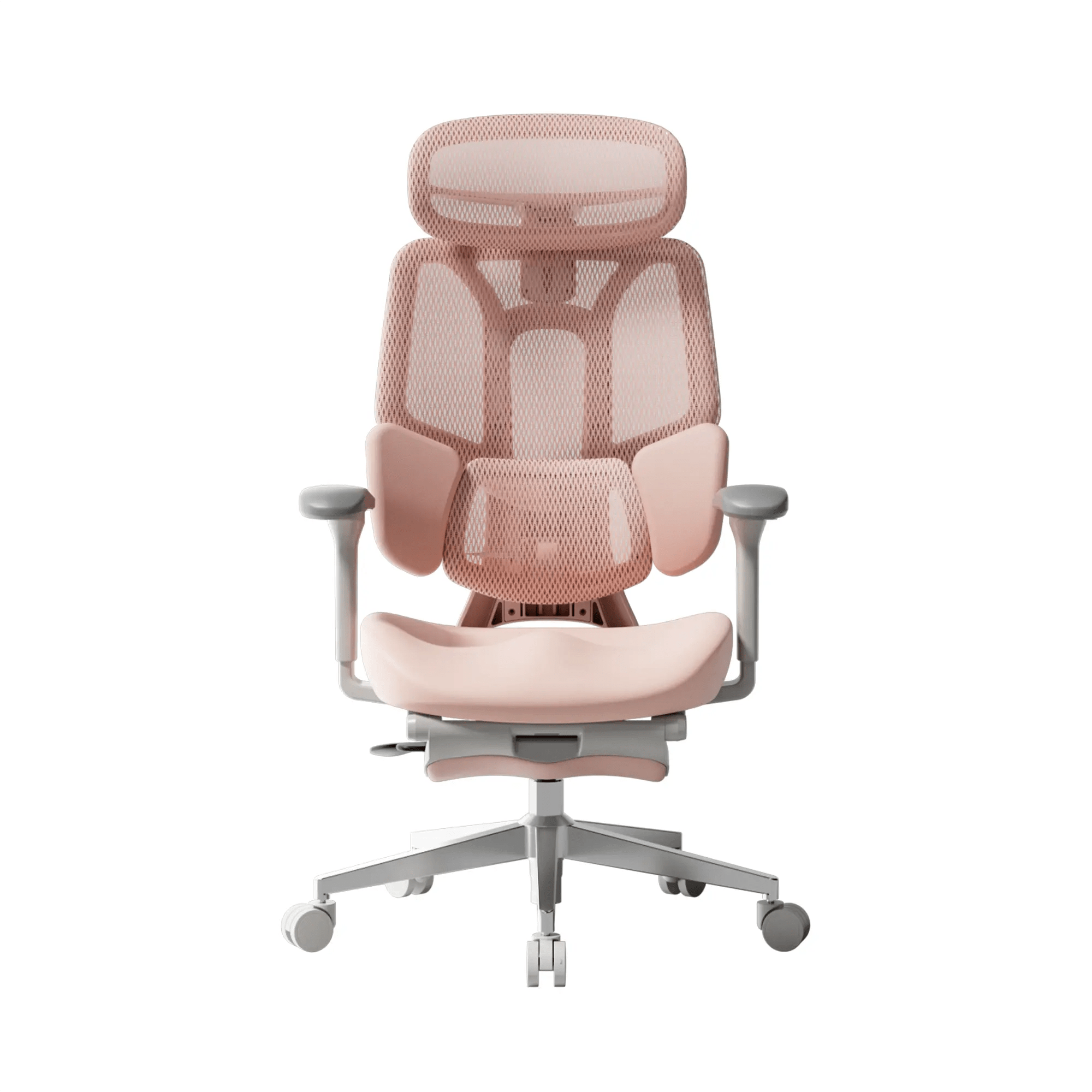
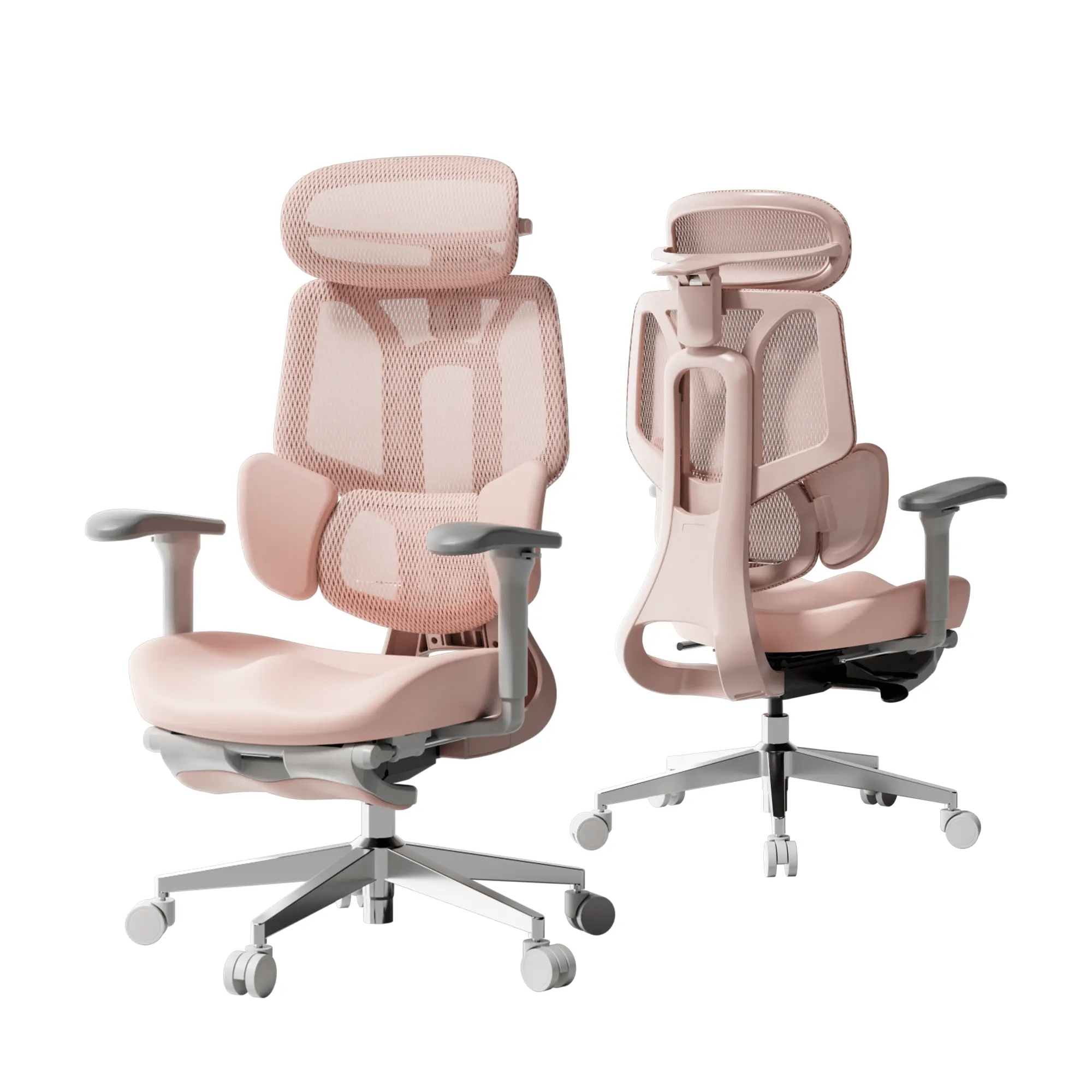

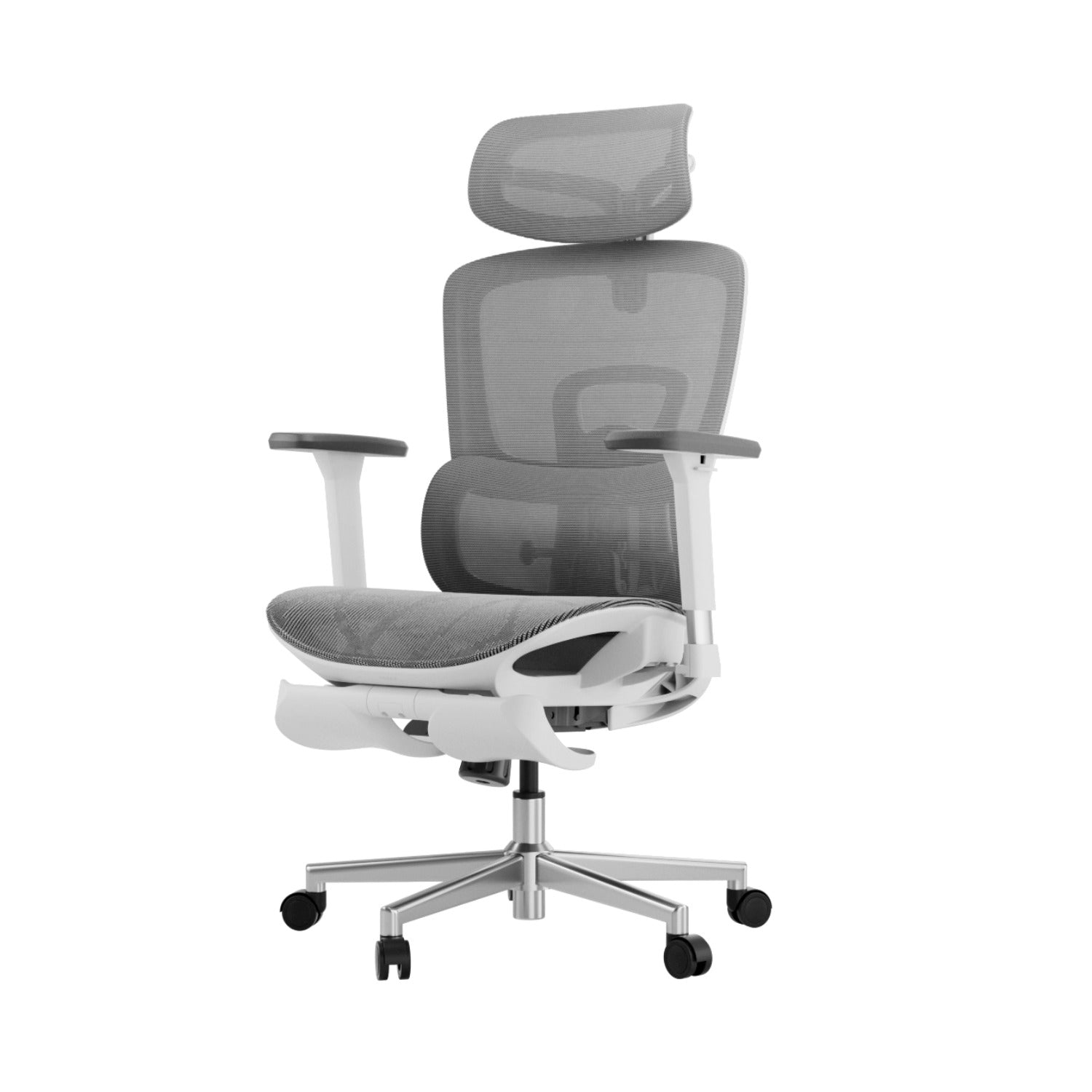
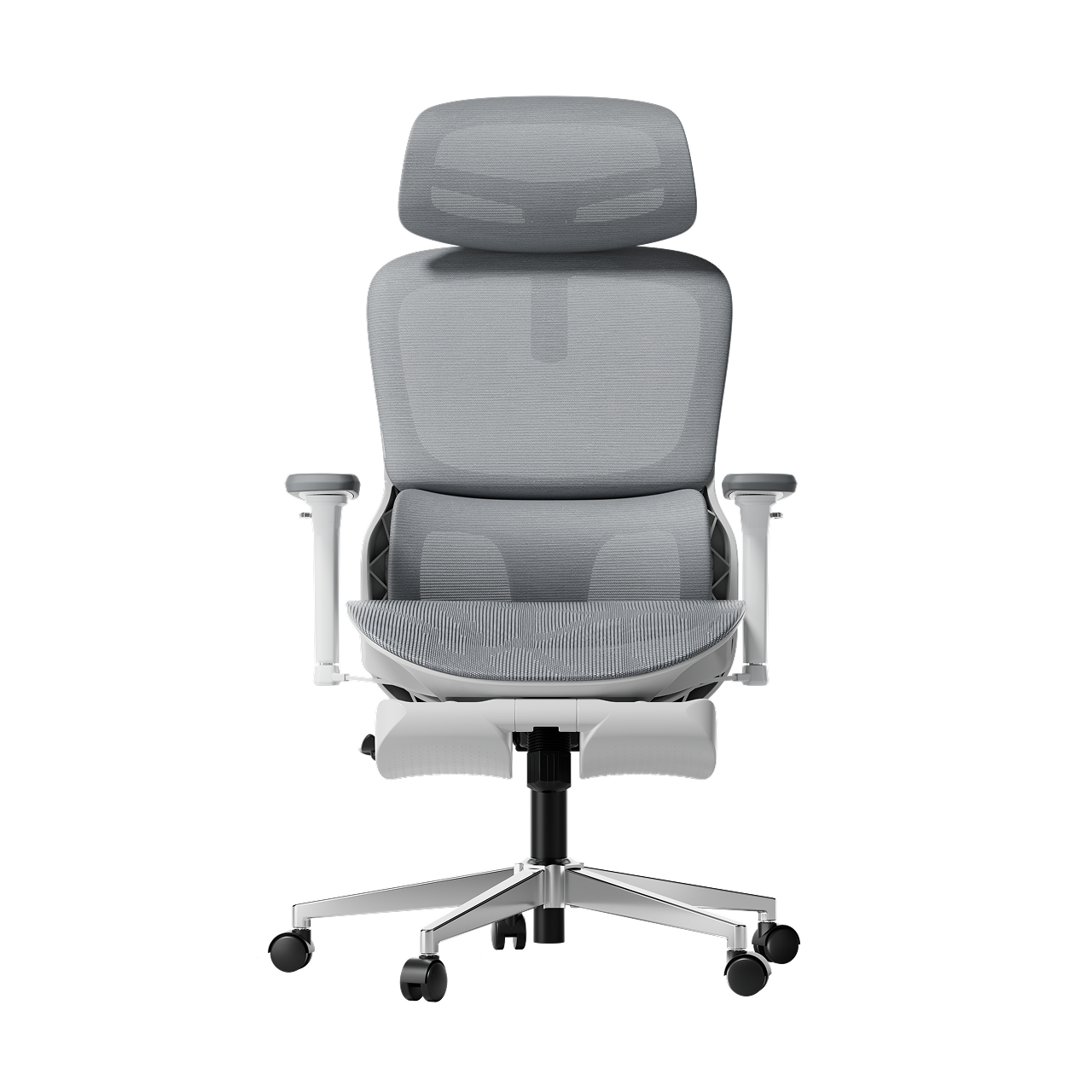
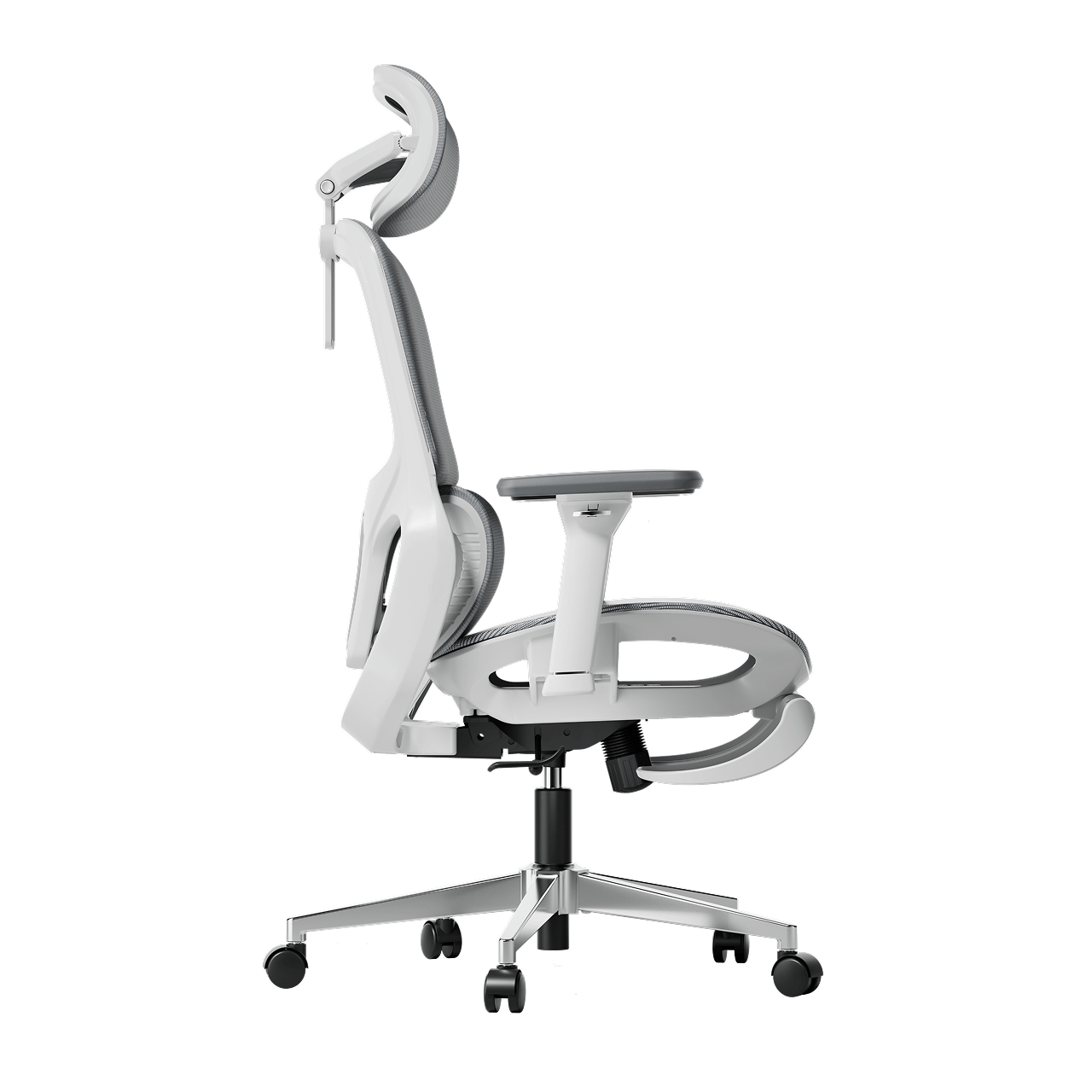



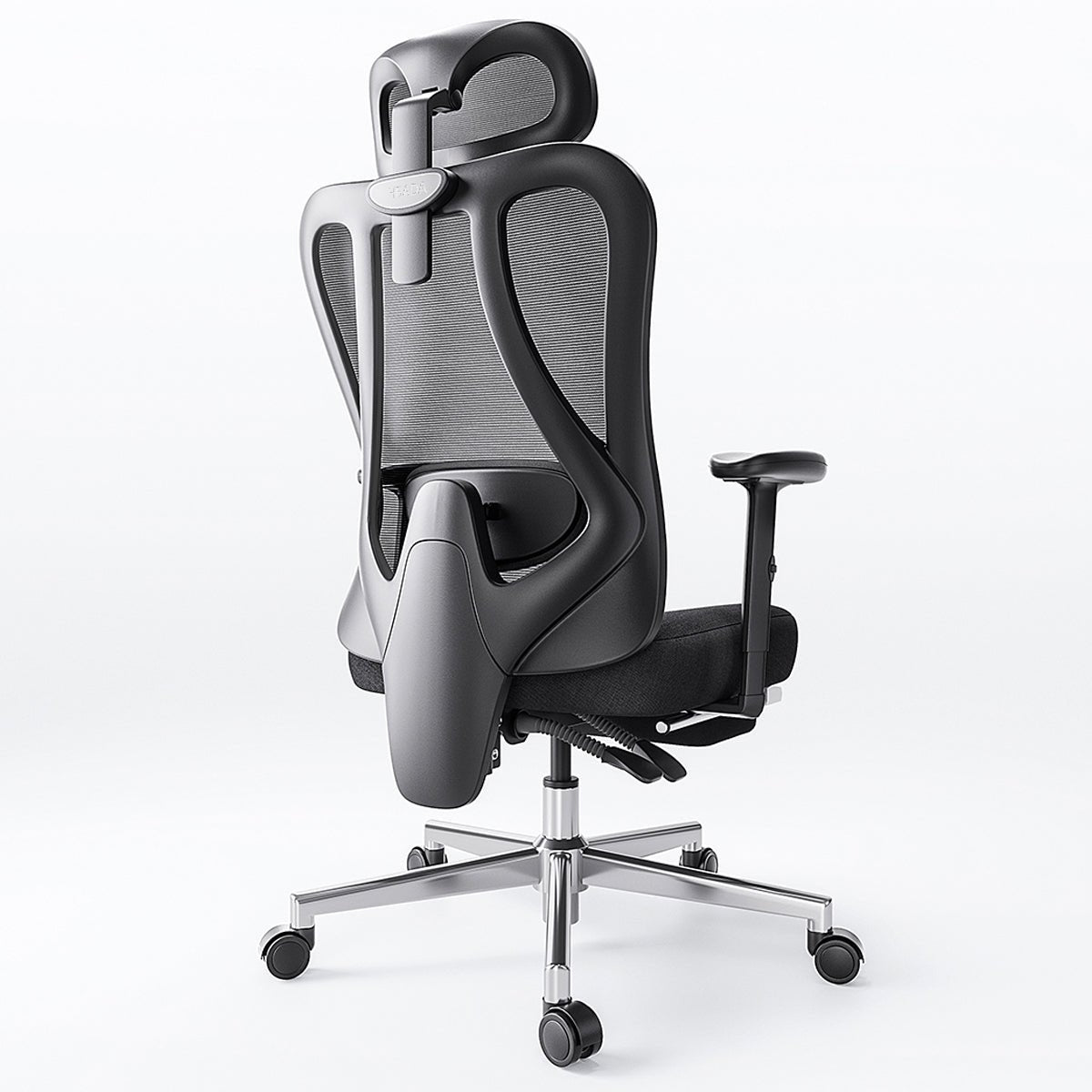













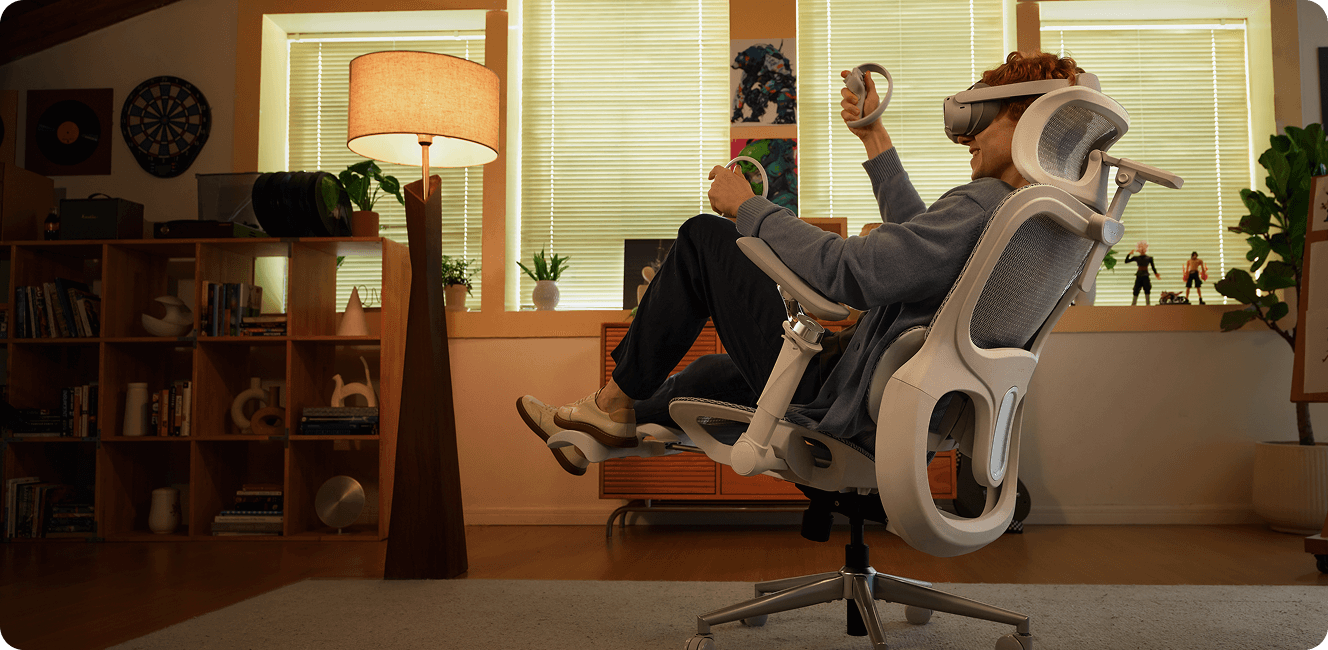
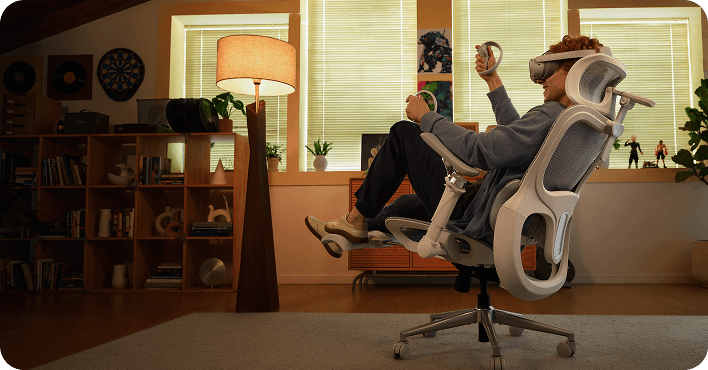












Leave a comment
This site is protected by hCaptcha and the hCaptcha Privacy Policy and Terms of Service apply.